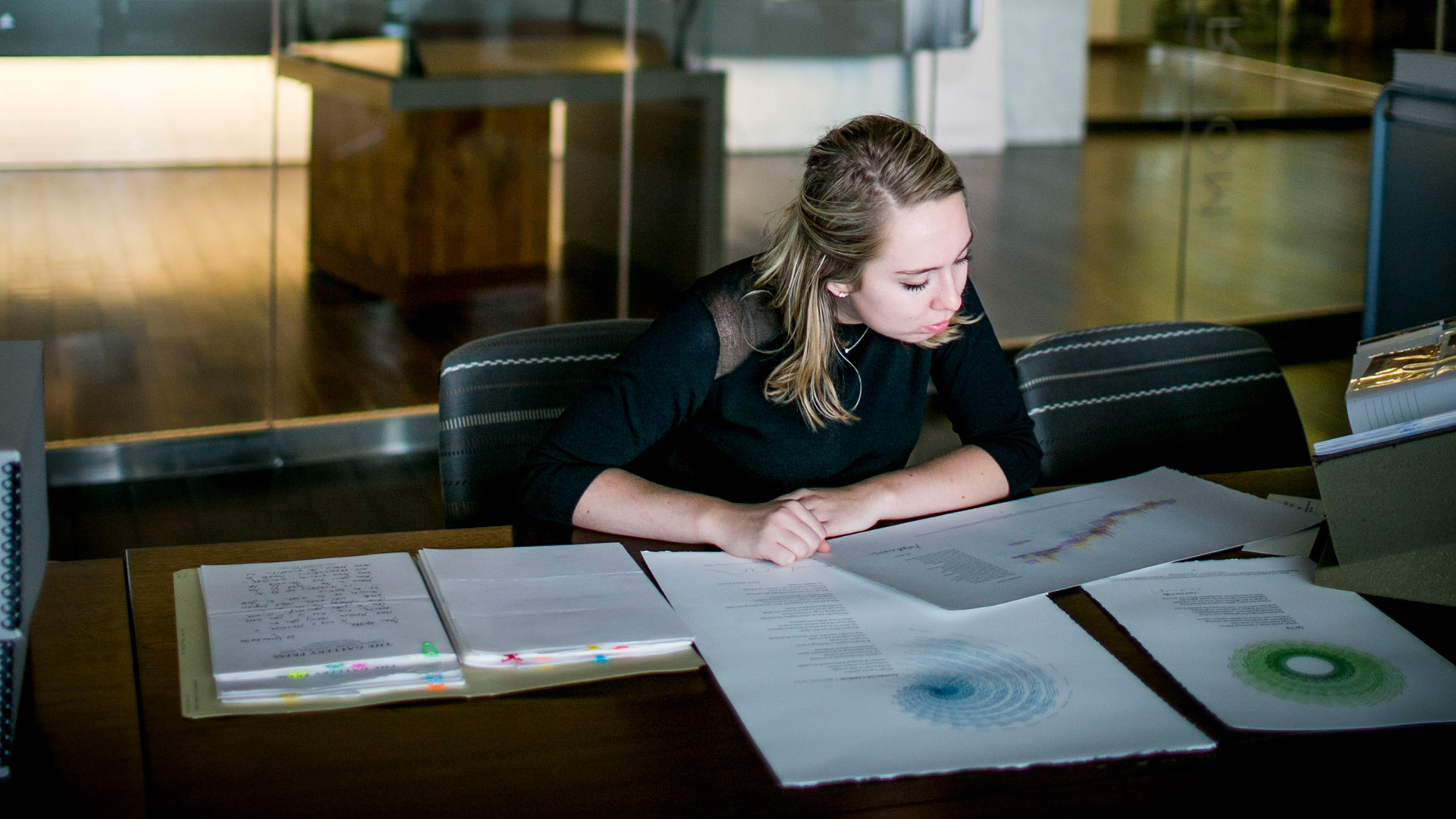
Independent Research Grants
Undergraduate Research Programs (URP) provides funding for approved research projects led by Emory undergraduate students enrolled in the Emory College of Arts and Sciences (ECAS) who have the endorsement of an Emory faculty mentor.
Awards
Eligible students may apply for up to $1,000 to conduct a research project in the United States, or up to $2,500 to conduct an international research project outside the United States.
If the proposed research project takes place outside the United States, the country must have a U.S. Department of State Travel Advisory Level of 1 or 2.
Eligible expenses include:
- Transportation to research sites outside of Emory University
- Meals
- Housing/Lodging
- Specialty supplies (e.g., reagents or other materials needed for specific projects; not for general use)
- Payments to human participants or purchase of animals
- Photocopies of research documents taken at an external research site
- Production costs for creative arts projects
- Approved books not available through the Emory library
Requirements:
- Meeting all eligibility criteria for the Independent Research Grant
- Submitting a complete application in CollegeConnect (including abstract, budget, and an endorsement from an Emory Faculty Mentor)
- If the research project takes place outside the United States, the country must have a U.S. Department of State Travel Advisory Level of 1 or 2.
- Within 2 weeks of project completion, submita Post-Award Reflection Form and photos in CollegeConnect. You will receive an automated reminder in your inbox to complete this step.
Questions? Please email ec.urp@emory.edu.
- Current ECAS undergraduate students who have not yet received an Independent Research Grant
- Students whose research projects are endorsed by an Emory faculty mentor
- Seniors who have not yet received an Independent Research Grant may apply if the proposed research project concludes before their expected graduation date. No awards can be disbursed after a student graduates.
- Both domestic and international students may apply.
- Applications are reviewed on a rolling basis throughout the academic year for the duration of fund availability.
- The application portal will be closed from Friday, May 29, 2026, to Sunday, August 2, 2026.
- Applications should be submitted at least two months before the research begins.
- Submission of an application does not guarantee award.
Eligible Expenses:
- Transportation to research sites
- Meals
- Housing/Lodging
- Specialty supplies (e.g., reagents or other materials needed for specific projects; not for general use)
- Payments to human participants or purchase of animals
- Photocopies of research documents taken at an external research site
- Production costs for creative arts project
- Approved books not available through the Emory library
Ineligible Expenses:
- Photocopying materials from the Emory library or a local library
- Purchase of equipment (e.g., cameras, computers, printers)
- Books or materials available at Emory’s library or through interlibrary loan.
- General purpose research supplies shared by multiple users or projects
- Research expenses at a university other than Emory
- Printing and production of senior honor’s thesis
- Travel to conferences
- Additional training (e.g. workshops or professional development)
Students may use Independent Research Grants to travel to research sites, participate in field research, or visit library and museum collections that are not available locally or online.
If the proposed research project takes place outside the United States, the country must have a U.S. Department of State Travel Advisory Level of 1 or 2.
Students conducting research outside the U.S. must enroll inEmory’s ISOS system.
Students may not use Independent Research Grants for conference travel. Students presenting research at a professional conference should apply for a Conference Presentation Grant instead.
An Independent Research Grant may be combined with other grants, scholarships, and sources of financial support. Please use the links below to explore potential sources of additional funding for your research project.
- The Halle Institute for Global Research, in partnership with the Pathways Center will fund up to twelve Undergraduate Global Fellows (UGF) to support research outside the United States. ECAS students and Oxford students who are rising juniors and matriculating to ECAS are eligible. Halle Undergraduate Global Fellows will receive up to $1,000 in research funds from the Halle Institute, in addition to up to a $4,000 award from Pathways.
- This Award Finder provides access to many excellent funding opportunities.